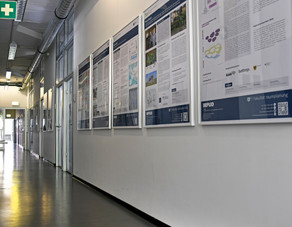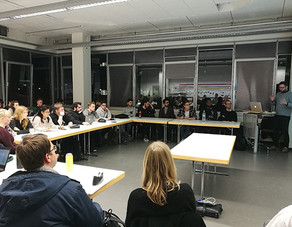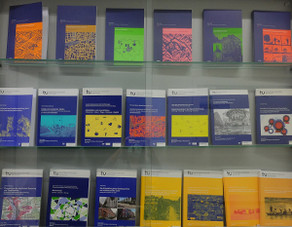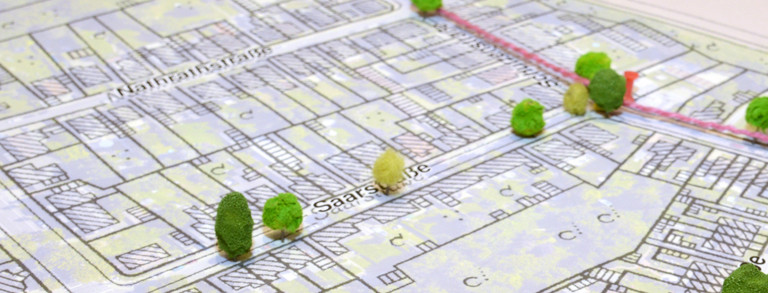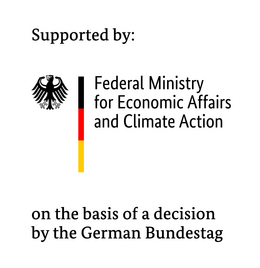Urban-Act - Integrated Urban Climate Action for Low-Carbon & Resilient Cities
Project duration: 12/2022 to 09/2026

The current trend of rapid urbanization and urban expansion in the Asia-Pacific region, in particular in intermediary cities, holds a high risk of lock-in of unsustainable, carbon-intensive development pathways. The Urban-Act project aims to enable a systematic integration of climate change mitigation and adaptation into urban development, taking differential impacts on gender, vulnerable and marginalized population groups and the protection of biodiversity into account, and addressing barriers for climate-sensitive planning, project preparation and access to finance. The project thereby provides replicable solutions aimed at empowering cities to plan and implement evidence-based and inclusive actions for sustainable, low-carbon and resilient urban development.
TU Dortmund University (RER), together with the University of Stuttgart (IREUS and ISV), will support the political and implementing partners in the project countries to improve the enabling environment (effective multi-level climate governance frameworks and instruments) for climate-sensitive and climate-resilient urban development in its partner countries (Thailand, Philippines, India, China, and Indonesia) as well as at the Asia-Pacific region level. RER will initiate entry points for mainstream climate-sensitive urban planning by creating a common understanding, joint definitions and typologies, systematization of planning /governance context conditions for urban climate-resilient development, and low carbon development synergies across relevant scales and Urban-Act member countries.
Particularly in Thailand, RER will work collaboratively with IREUS and ISV to develop decision support tools for operationalizing urban climate resilience and assessing the feasibility of selected interventions, particularly for integrated transport and settlement planning. Furthermore, to ensure the replicability and scalability of climate-sensitive urban development strategies, RER, with Urban-Act regional and national partners, wish to covey a practical guideline with a strong emphasis on participatory process and inclusiveness. A series of publications will also be disseminated to share lessons learned and good practices among the Urban-Act participating countries and their networks.
Importantly, RER, together with IREUS and ISV, will support the Urban-Act project partners in engaging and facilitating peer-to-peer learning, institutional capacity building and scientist-practitioners exchange platforms for empowering the advocacy role of the Urban-Act participating countries/cities in prioritizing urban climate-sensitive planning and low-carbon development actions and investments.
Cooperation partner
- Institute of Spatial and Regional Planning (IREUS), University of Stuttgart
- Institute of Road and Transportation Science (ISV), University of Stuttgart
- German Agency for International Cooperation GmbH



